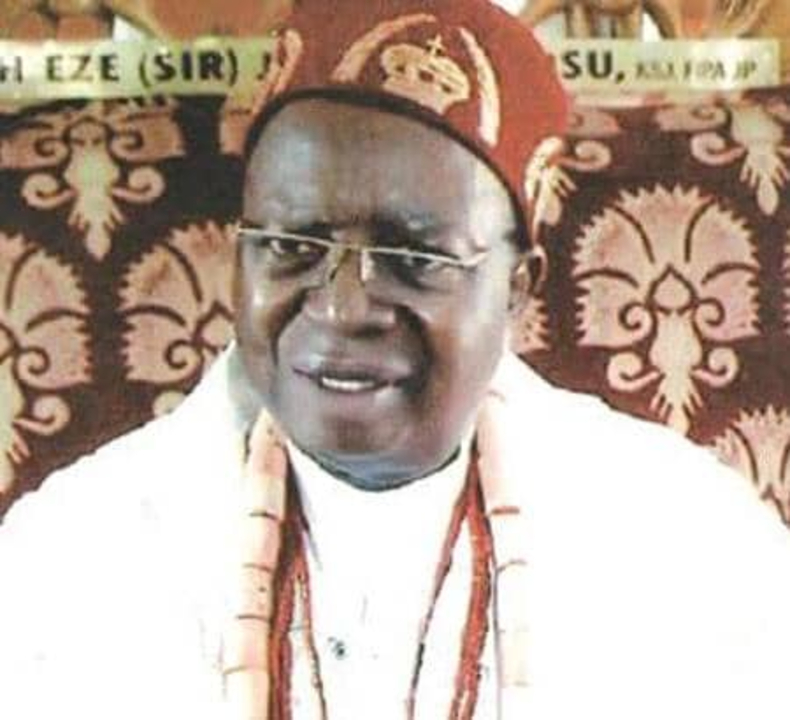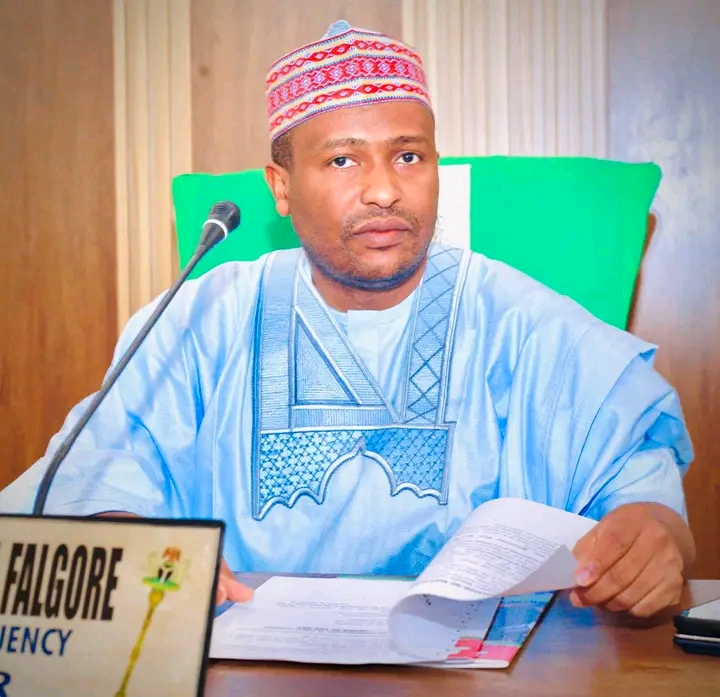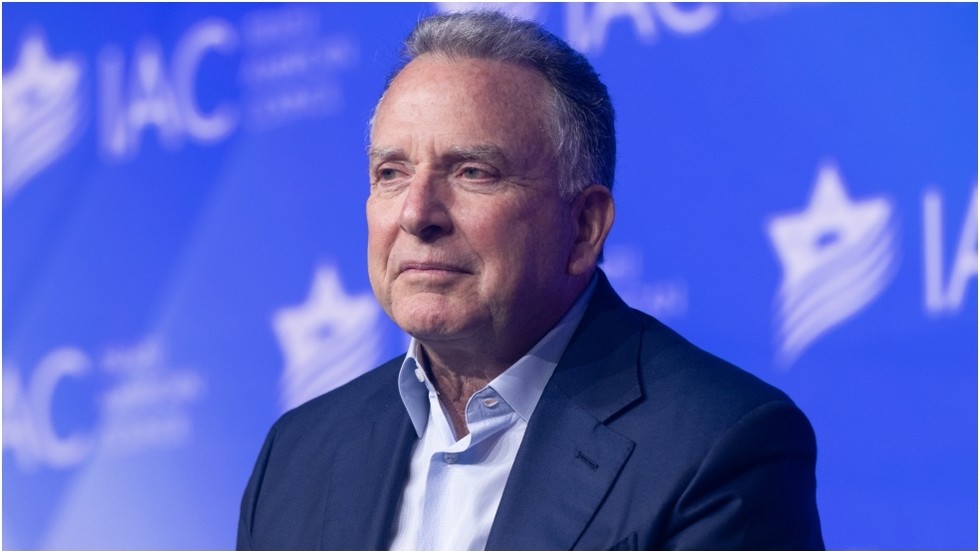In Nigeria, while the issue of out-of-school children remains a significant concern, a larger problem lurks beneath the surface – the crisis of learning. It’s a problem that spans across all states and demands urgent attention.
A recent Baseline Assessment of primary schools in Enugu State revealed a grim reality – 50% of pupils couldn’t read in English or solve basic math problems after six years of primary education. This shocking revelation by the Secretary to the Enugu State Government, Prof. Chidiebere Onyia, echoes a more extensive national issue.
In fact, a staggering 3 out of 4 Nigerian children completing basic education lack proficiency in literacy and numeracy, a crisis recognized by the World Bank, UNICEF, and UNESCO. The traditional teaching methods are failing to impart crucial skills in science, technology, productivity, and digital competence, leaving a trail of learning deficits across the country.
The root causes of this devastating situation prompt a critical question: who is accountable for the poor learning outcomes? The World Bank’s 2021 analysis points to a dismal 70% of children failing to achieve basic foundational skills. This is exacerbated by low public spending on education, a shortage of qualified teachers, inadequate physical resources, and a significant number of children not enrolled in early childhood care and development services.
Educationists and former teachers have pointed fingers at the government, the educational system, teachers, and even parents. Shocking experiences of teachers uncover the systemic failure. A former teacher from Nasarawa State recounts her astonishment upon realizing that some of her SS1 students couldn’t read or write, despite progressing through the education system without acquiring these fundamental skills. The distressing reality was compounded by the school’s approach to examinations, with inadequate learning being masked by lax assessment practices.
The urgency for systemic overhaul is undeniable. The blame game is futile. Education should be a shared responsibility, and all stakeholders – the government, educational institutions, teachers, and parents – must be held accountable for the learning outcomes of students. The system needs a fundamental shift towards policies that are not just documented but earnestly implemented. Parents play a crucial role in monitoring and supporting their children’s learning, going beyond simple inquiries about their day at school. Teachers must continuously upskill, adopt modern teaching methodologies, and integrate technology into education to meet the demands of the 21st century.
Ultimately, the focus should be on creating an environment where learning is a collective endeavor, driven by a genuine humanitarian cause. Only then can Nigeria hope to mold future leaders who take ownership of their learning and reflect that ownership in their cognitive, affective, and psychomotor abilities.
Revamping Nigeria’s Education System: Challenges and Solutions
Nigeria’s education system has faced severe challenges, leading to a worrying decline in its quality. The current curriculum needs urgent restructuring to align with the demands of a rapidly evolving world, where creativity, research, and economic relevance are paramount. In a recent statement, an educator at Rhethora Educational Consulting, Jude Badaki, emphasized the need for a holistic transformation, stating, “The school should be the hallmark of all development and growth as it is in the Western world.”
Badaki’s insight underscores a critical issue—the need for a more relevant and dynamic curriculum. He aptly compares the education system to a dish, highlighting the decisive role of ingredients and their quality. Badaki’s call for recalibration resonates with many educators and experts who advocate for a revamp of the system.
It’s imperative for the government to intervene and arrest the decline. Badaki suggests that aspiring lecturers should gain teaching experience at lower levels before progressing to higher institutions, ensuring a robust foundation for the education sector.
In response to this growing crisis, the federal government, in collaboration with development partners, has initiated measures to address the learning challenges. The introduction of the Learning Passport, a digital platform aimed at enhancing learning skills, and the organization of the National Basic Education in Nigeria Bootcamp Summit indicate a proactive approach.
The Minister of Education, Prof. Mamman Tahir, recognizes the urgency of the situation and emphasizes the government’s focus on foundational and basic education. The revised National Teacher Education Policy attests to the commitment to equipping educators with the necessary tools for delivering high-quality education.
The government’s initiatives reflect a concerted effort to tackle the multifaceted problems plaguing Nigeria’s education system. With a renewed focus on collaboration and innovation, there is hope for a transformative change in the country’s approach to education. As the world evolves, Nigeria’s education system must adapt, and these measures signal a step in the right direction.



